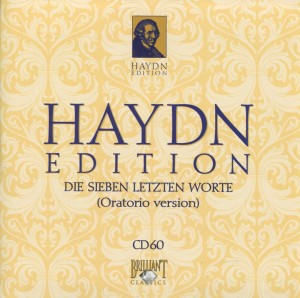 Today’s CD features two sopranos, a tenor, and a pianist.
Today’s CD features two sopranos, a tenor, and a pianist.
Despite the mezzo-soprano (a vocal range that’s like fingernails on a chalkboard to me), this collection of songs is kind of compelling.
Even sung in German.
There are too many songs to name (31 tracks in all, nearly 70 minutes of music). But they are divided into three sections.
The Compositions:
Songs (3 tracks)
Op. 58 (14 tracks, composed 1871; Brahms was 38)
Volks-Kinderlieder Wo031 (14 tracks)
The Performers:
Antonia Bourve soprano
Rebekka Stohr mezzo-soprano
Daniel Sans tenor
Tobias Hartlieb piano
Track 4 (Op. 58, No. 1 “Blinde Kuh”) is compelling for its bouncy, bold melody and use of the two sopranos, intertwining their ranges in a fun, almost humorous way.
Here’s precisely what I’m listening to this morning:
Here’s what the song sounds like with just one female vocalist:
The rest of the CD is pretty much the same.
For me, I believe the compelling aspect to this CD is the piano playing and the melody of the songs. It seems almost Beethoven-like in some spots – a deep, resonant piano tone with a serious-sounding melody.

